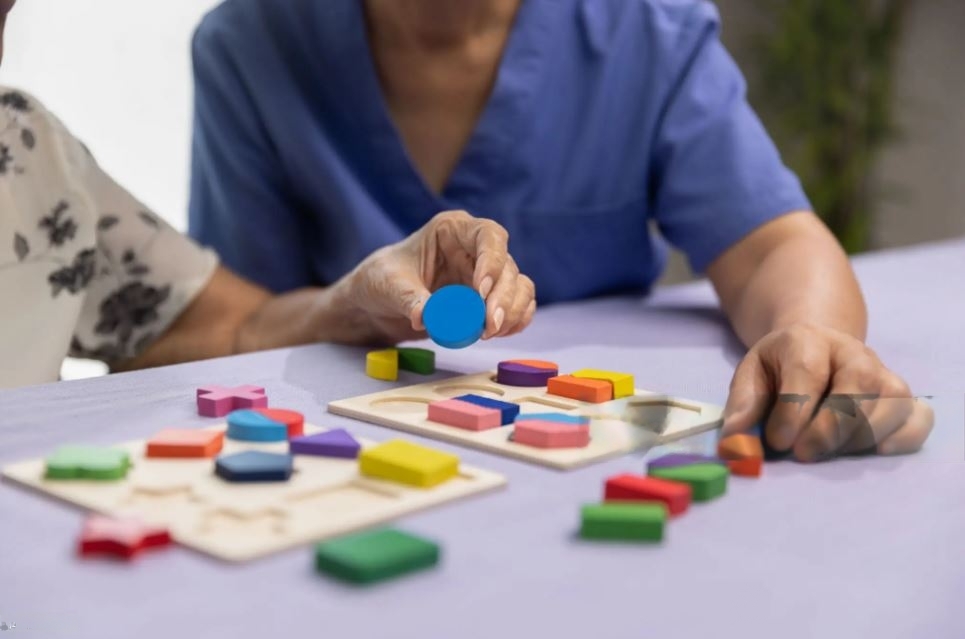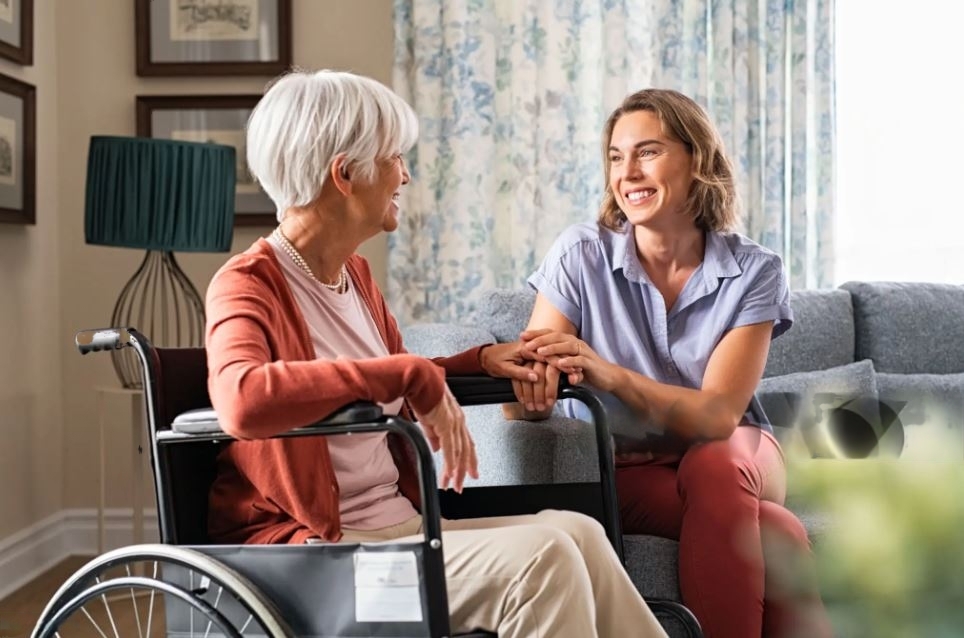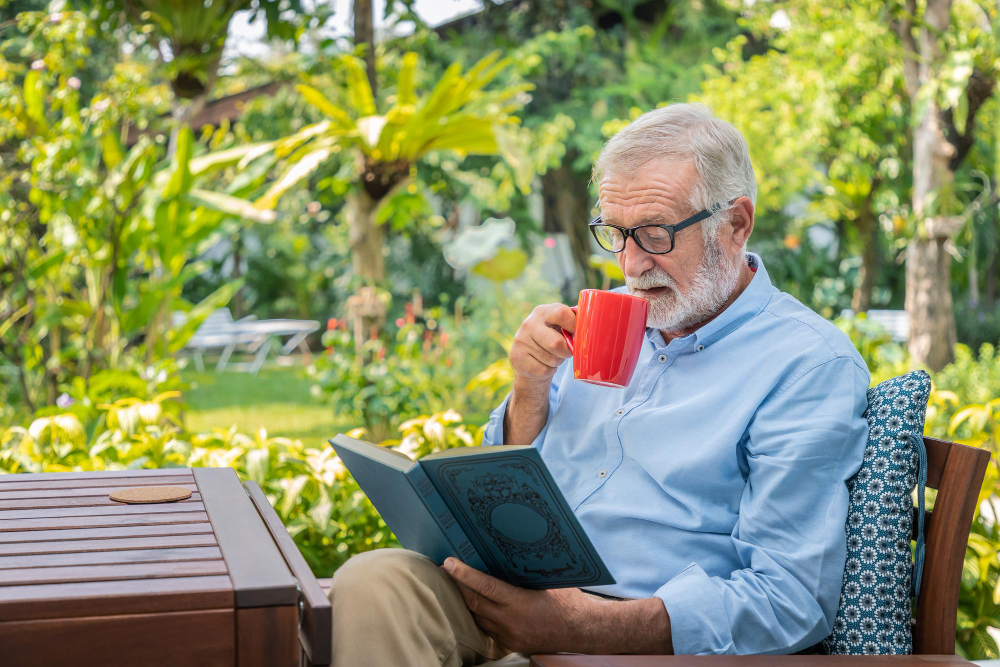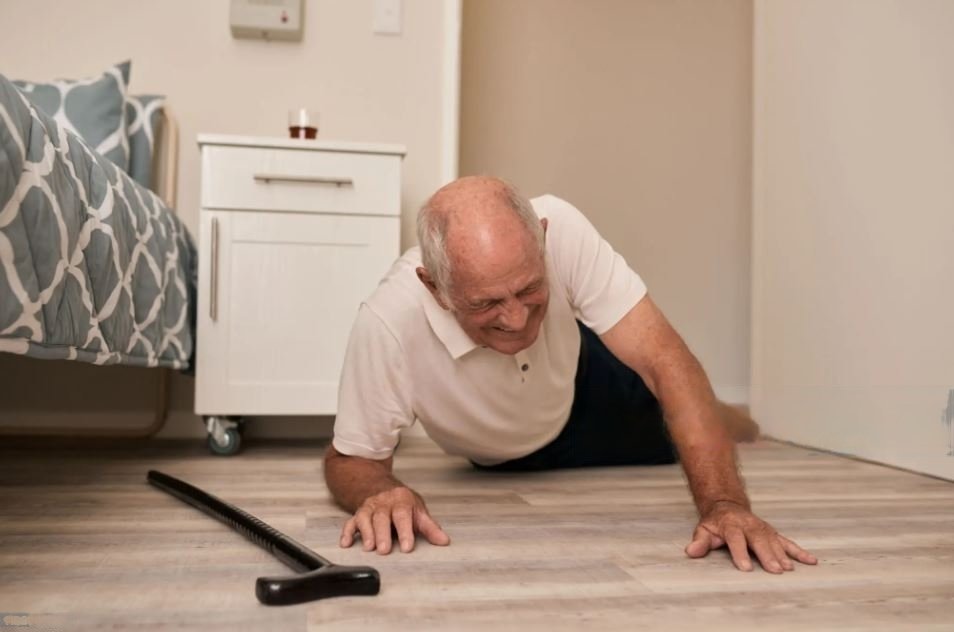Balancing Self-Care For Caregivers: Tips for Caregivers
Balancing Self-Care For Caregivers and Seniors Balancing Self-Care For Caregivers and Seniors requires immense dedication and compassion, but it’s crucial for caregivers to prioritize their own well-being. Often, caregivers neglect their own needs in the process, leading to burnout and a decline in their own mental and physical health. In this blog, we will explore some valuable tips to help caregivers find a balance between self-care and senior caregiving, based on the information provided.
1. Take Time for Yourself and Prioritize Your Own Needs
One of the most important aspects of self-care is dedicating time for oneself. Caregivers should make it a priority to engage in activities that promote relaxation, hobbies, and personal interests. Taking breaks from caregiving tasks allows caregivers to prevent burnout and maintain a healthy mental state. By following this tip, caregivers can ensure they are at their best to provide care for their seniors.
2. Maintain a Self-Care For Caregivers
Eating nutritious meals is crucial for caregivers to maintain their energy levels and overall health. By incorporating a variety of fruits, vegetables, lean proteins, and whole grains into their diet, caregivers can ensure they are getting the necessary nutrients. A well-balanced diet is essential for caregivers to stay healthy and provide the best care possible.
3. Engage in Regular Physical Activity
Even short walks or moderate exercise a few times a week can have significant benefits for Maintaining Self-Care For Caregivers. Physical activity boosts energy levels, improves well-being, relieves stress, and helps maintain a healthy body. Caregivers should prioritize incorporating regular physical activity into their routines to take care of their physical and mental health.
4. Set Limits and Schedule Rest Periods
Recognizing one’s limitations and avoiding overexertion is crucial for caregivers. Setting limits and scheduling rest periods between caregiving activities allows caregivers to prevent exhaustion and recharge. Taking short breaks or resting can make a significant difference in maintaining energy levels and overall well-being.
5. Utilize Assertive Communication and Seek Support
Caregivers should openly express their needs, concerns, and limitations to the medical care team. By utilizing assertive communication, caregivers can ensure a collaborative approach to caregiving and receive valuable guidance and support. Seeking support from the medical care team is essential in balancing self-care and senior caregiving.
6. Maintain a Positive Outlook
Despite the challenges of Maintaining Self-Care For Caregivers, maintaining a positive mindset can help caregivers cope with overwhelming demands. Seeking out positive affirmations, practising gratitude, and engaging in activities that promote positivity can significantly impact a caregiver’s overall well-being. A positive outlook can help caregivers stay energized and focused on their caregiving responsibilities.
While these tips provide valuable insights on balancing self-care and senior caregiving, it’s important to note that they may not cover all aspects or specific circumstances. Additional research and guidance from healthcare professionals or support groups may be necessary for a comprehensive approach to self-care in caregiving situations.
Self-Care Strategies for Caregivers
In addition to the tips mentioned above, there are several self-care strategies specifically tailored for caregivers. These strategies aim to maintain caregivers’ well-being and their ability to provide care for others. Let’s explore some of these strategies:
- Take Regular Breaks: Caregivers must step away from their caregiving duties and give themselves time to recharge. Seeking help from others for tasks such as bathing or meal preparation can provide much-needed respite.
- Live a Healthier Lifestyle: Caregivers should focus on consuming nutritious foods, getting enough sleep, exercising regularly, and reducing alcohol intake. Prioritizing one’s health is essential for caregivers to effectively care for others.
- Be Kind to Yourself: It’s common for caregivers to feel guilty about taking time for themselves. However, showing oneself compassion and kindness is crucial. Caregivers deserve self-care just as much as the person they are caring for.
- Schedule “Me Time”: Setting aside specific periods in the schedule dedicated solely to one’s well-being is vital. Engaging in activities that bring joy and relaxation, outside of caregiving responsibilities, is essential for caregivers to recharge and find balance.
- Prioritize Physical Fitness: Aim to incorporate at least 30 minutes of exercise into the daily routine. Regular physical activity not only benefits physical health but also promotes mental well-being.
It’s important to remember that these strategies may not cover all possible approaches, and additional resources may be available. Caregivers should consider seeking guidance from healthcare professionals, support groups, and other caregiving resources to tailor their self-care practices to their unique circumstances.
The Importance of Self-Care for Caregivers
Self-care for caregivers offers several benefits that directly impact their well-being and ability to provide care for others. By prioritizing self-care, caregivers can experience reduced worry and anxiety over medical expenses, decreased feelings of hopelessness and depression, and increased self-efficacy and agency over circumstances. Self-care also improves mood, boosts energy levels, and inspires creative thinking and problem-solving.
Self-care for caregivers also improves mood boosts energy levels and inspires Maintaining their own health and well-being is crucial for caregivers to provide the best possible care. Research suggests that everyday physical activities can help caregivers maintain or restore endurance, balance, strength, and flexibility. By practising self-care, caregivers can remain balanced, focused, and effective in their role, ultimately providing better care to their senior loved ones. It’s important to remember that caring for oneself is essential to effectively care for others.
Support Resources for Caregivers
Caregivers have access to several support resources that can provide educational programs, caregiving tips, support groups, respite care, and assistance with medical needs and financial obligations. Examples of organizations that offer caregiver support include the Alzheimer’s Association, Adult Children of Aging Parents, the American Association of People with Disabilities, The ARCH National Respite Network, and the Family Caregiver Alliance. Government-sponsored websites like Health.gov and private organizations such as AARP and Caregiver also provide resources related to Self-care for caregivers. Hospitals, mental health programs, and support organizations like Caregiver Resource Centers or Alzheimer’s organizations may offer support groups specifically for caregivers. Online resources are also available for those beginning their caregiving journey or for veteran caregivers seeking more tools and information.
In conclusion, balancing self-care and senior caregiving is crucial for caregivers to provide the best care possible while maintaining their own well-being. By implementing the suggested tips, caregivers can find a balance that allows them to prioritize their own needs and effectively care for their senior loved ones. Remember, self-care is not selfish; it is an essential component of being a compassionate and resilient caregiver.
More From our Library
The Complex Connection: How Does Mental Health Affect Identity?
Cold Winter Challenge: Safeguarding Seniors and Disabled Individuals in Canada 2024
The Emotional Impact of Best Senior Emergency Alert System
Reducing the Fear of Falling for Seniors: A Comprehensive Guide
Navigating the Challenges of Dementia Care: Senior Caregiving Tips and Strategies
Effective Communication in Senior Caregiving: Tips for Strengthening Relationships 2023
Contact Us
Our team is ready and available to help you find the right solution. Fill out the form to receive a callback or contact us:






































